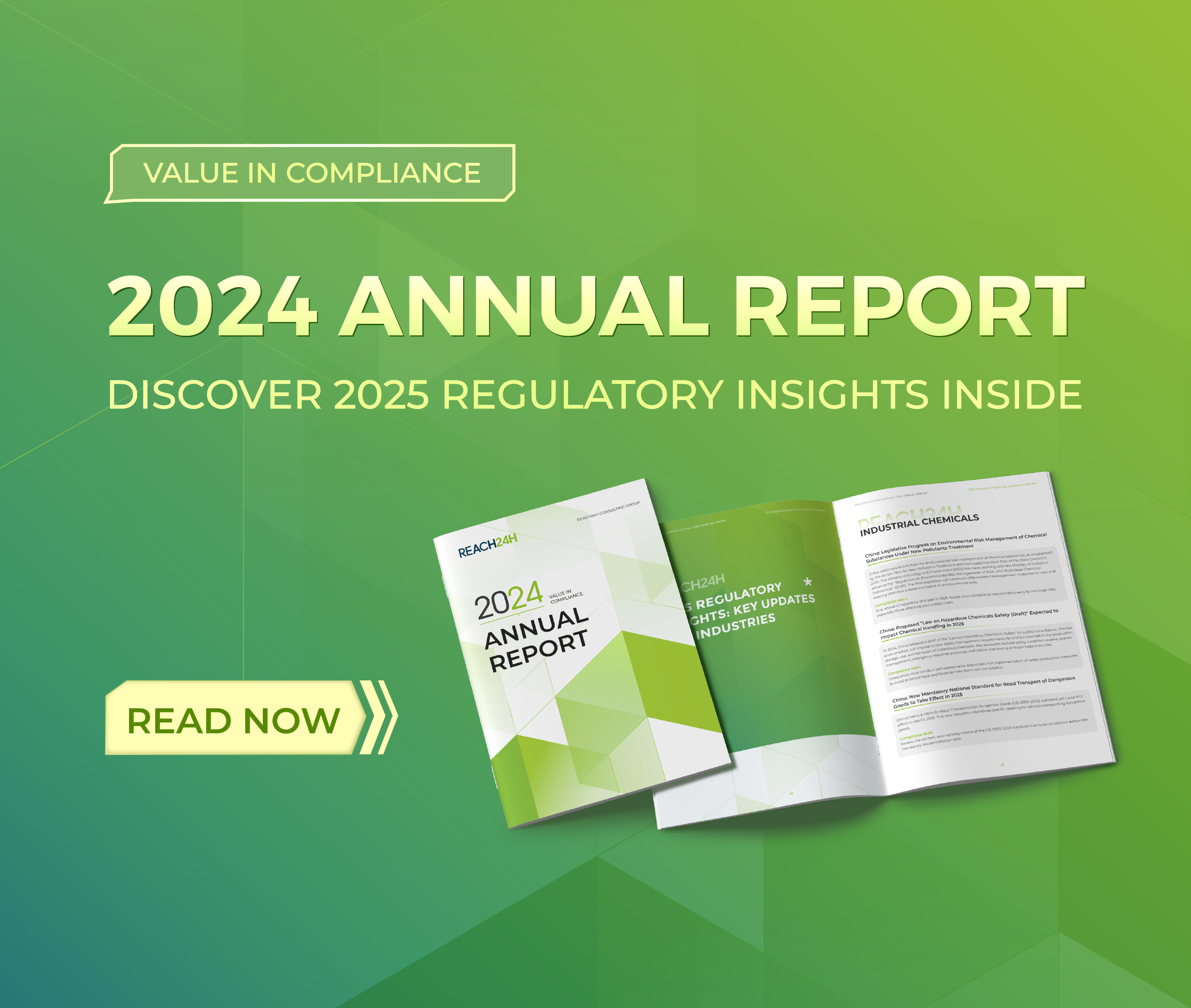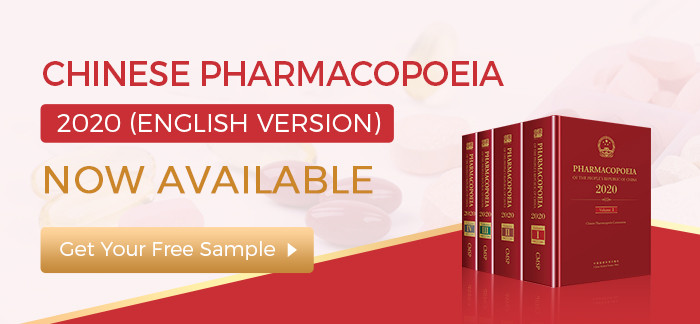REACH24H Acquired Qualification of Cosmetics Safety Assessment in the EU from the “Vrije Universiteit Brussel” (Belgium)
The training course which located at the Vrije Universiteit Brussel is the classic course that has been held for nearly 20 years and is widely recognized in the industry. The organizer of the training course, Vera Rogiers is a professor in the faculty Medicine and Pharmacy at the Vrije Universiteit Brussel. She is currently the head of department of Toxicology and the SCCS invited expert who previously was the co-chair of SCCS.

Certificate of Tommy Kong

Certificate of Cindy Xie
It is well known that cosmetic product safety is affected by many factors. Therefore, safety assessment of cosmetics is a comprehensive course requiring multi disciplines to support, which may involve toxicology, dermatology, clinical, chemistry, material science, human body engineering and computer science. Any assessment aspect can be treated as a separate expertise into which in-depth research can be explored. Top experts specialized in the specific area of safety assessment of cosmetics were invited to give lectures during the one-week training course. Systematic and profound interpretation from the experts makes it possible a great improvement of capacity and skills of cosmetic safety assessment of attendants during such a short time period. In addition, training on PIF (Product Information File) compilation is also included in the course.
According to the latest requirements regarding Chinese cosmetics registration, a risk assessment for a domestic non-special use cosmetic which fully demonstrates product safety can exempt the toxicological testing. REACH24H provides safety assessment service for Chinese cosmetics registration.
Safety Assessment of Cosmetics in the EU training course
This course is realized in close collaboration with the cosmetic industry and teaching is done at high standard academic level. Particular emphasis is given to key issues in safety evaluation of cosmetics including the application of alternative methods and the interpretation of the results, how and when animal testing can be done or remains a necessity, what are the toxicological requirements by the Commission for cosmetic ingredients testing. Practical courses, in which the realization of a Product Information File (PIF) according to Annex I of Regulation EC 1223/2009 for a finished cosmetic product is central, are included. The possibility will be given to all participants to pass a written exam at the end of the last day of the course.
Key questions to be tackled by the course
- What are the major practical and legislative changes between Directive 76/768/EEC and Regulation EC 1223/2009?
- What are the current challenges in safety assessment of cosmetics in the EU?
- Which role does risk perception play in our society and how does it affect the cosmetic industry?
- What is the impact of REACH on the cosmetic industry?
- What are “validated” and “valid” alternative methods? What is their actual use and how to perform these tests?
- Which role does systemic toxicity testing play in the safety assessment of cosmetics?
- How to make a Product Information File for a finished cosmetic product according to the actual EU Regulation?
- How to make a Product Information File for a cosmetic ingredient to be taken up in one of the positive lists present in the actual Regulation?
- What are the packaging requirements under Annex I?
- Can the process of risk assessment be improved by new methodologies?




